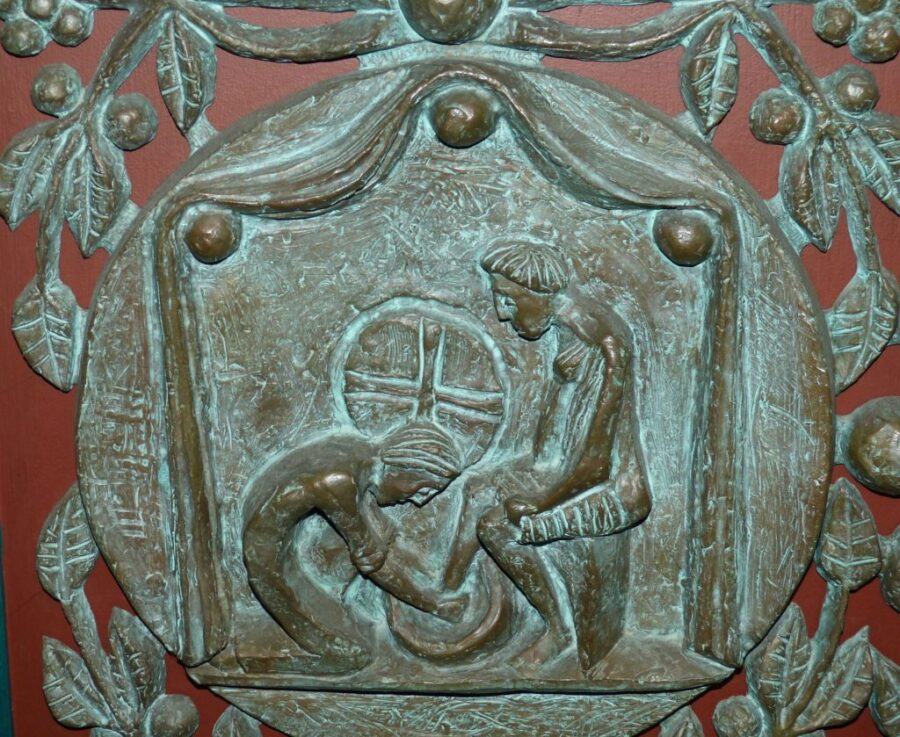“And the Father himself, which hath sent me, hath borne witness of me. Ye have neither heard his voice at any time, nor seen his shape.” (John 5:37)
Jesus was speaking to men here in John 5 that had no desire for the true things of God, even though they gave the outward pretense of religion and piety. He tells these men that they had “neither heard [the Father’s] voice at any time, nor seen [the Father’s] shape”. It’s certainly true that the natural man cannot hear God’s voice or see God’s shape, but for the born-again child of God, we can hear the gentle voice of the Lord guiding us in our lives and we can also see the imprints of God’s shape in the world all around us.








